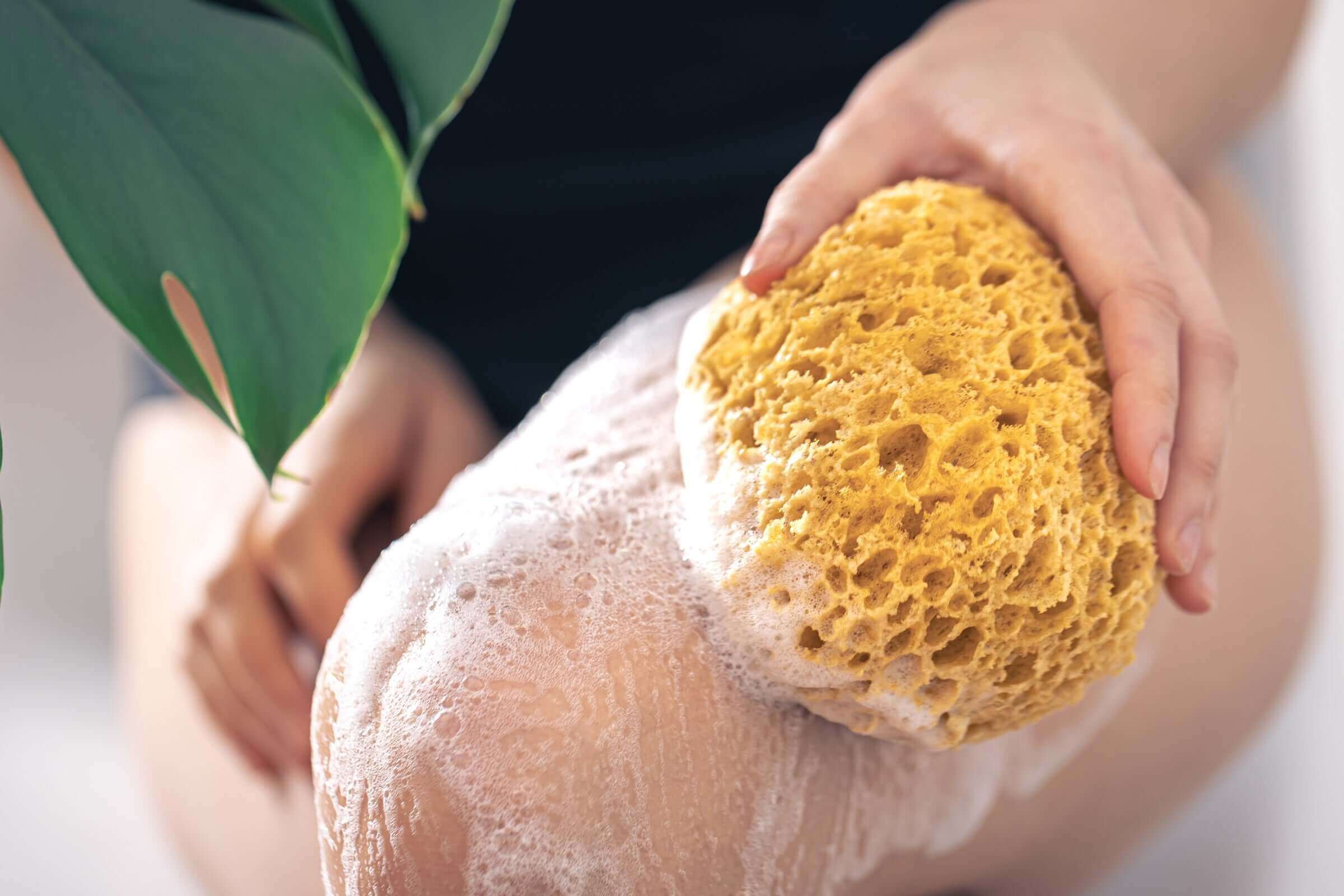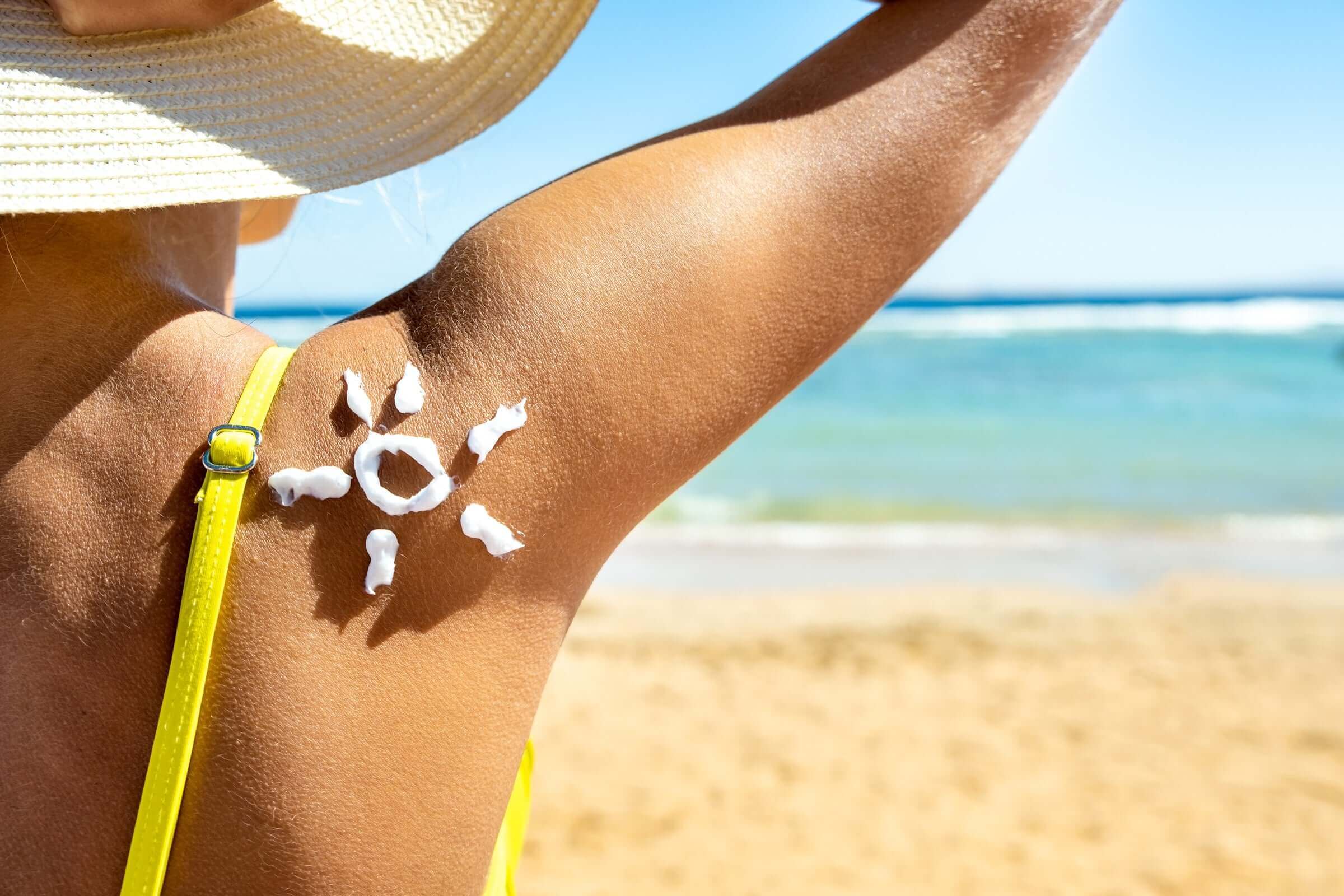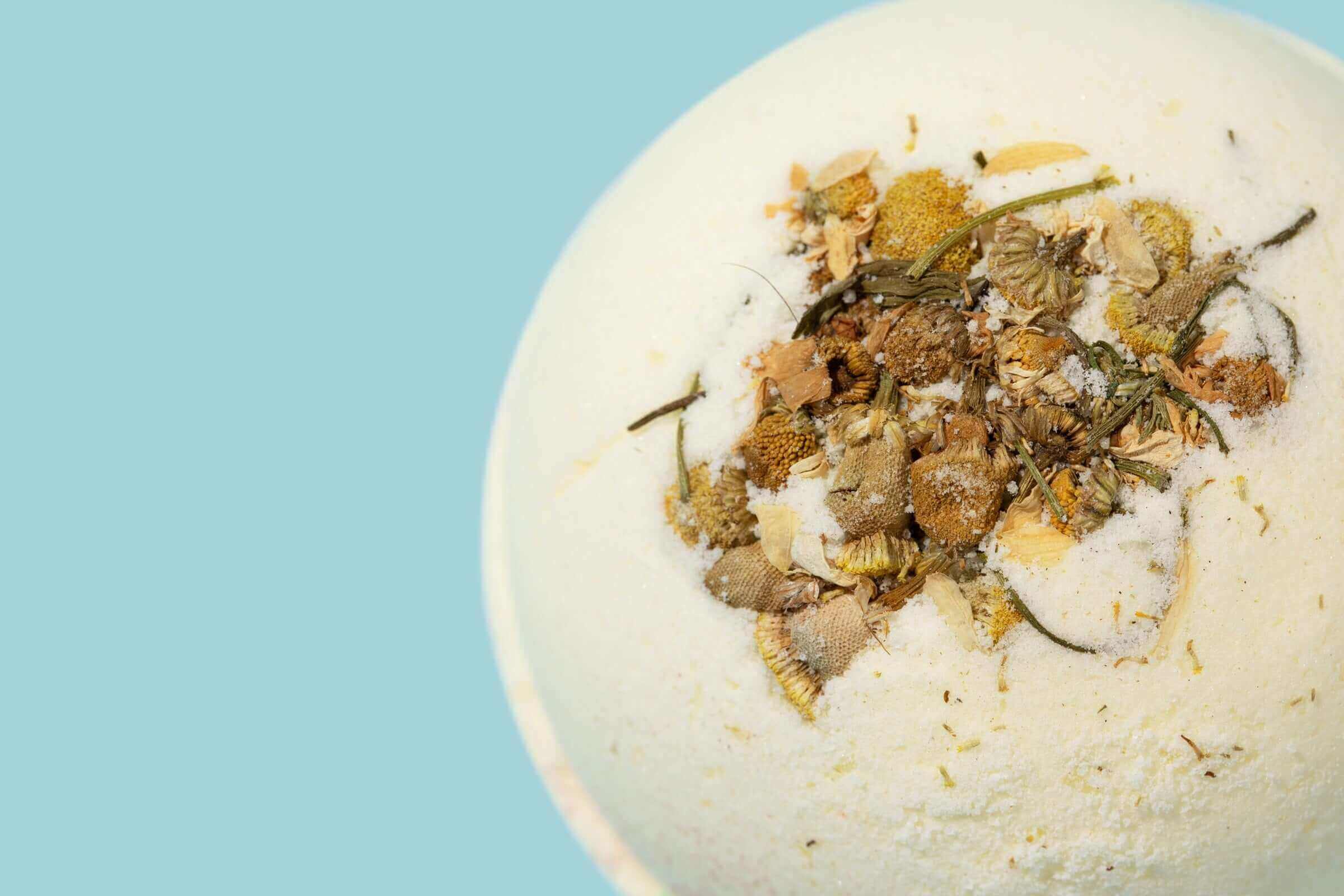Hoo-Ha Hygiene: Using Natural Soaps for Private Parts

We women certainly have our hands full with personal hygiene—between scrubbing, shaving, threading our brows, and deep conditioning our hair, we’re practically full-time beauty experts. And yes, we definitely remember to give our hoo-ha a little TLC too!
Lately, there’s been a trend toward clean beauty—a fancy way of saying we’re embracing Mother Nature’s finest for our beauty routines. Enter natural soaps: those dreamy bars packed with essential oils, organic shea butter, botanical extracts, and even cannabidiol, promising gentle cleansing and skin-loving benefits.
But when it comes to lathering up with natural soap in our most sensitive spots, especially the vajayjay, is it truly safe? Let's explore this topic in detail.
Is it safe to wash your vagina?
It all comes down to whether you’re talking about the inner workings of the vagina or the external area, the vulva. Douching the inside of the vagina is like messing with a finely tuned orchestra—it disrupts the natural balance of microbes and pH, potentially leading to irritation or infections. However, unlike the inside of the vagina, which is self-cleaning, the vulva requires regular cleaning to stay fresh and happy.
Neglecting to clean this area can lead to unpleasant odors, yeast infections, irritation, and even the development of cysts or inflamed follicles, said Dr. Cecilia Zhang, an obstetrician/gynecologist at Atlantic Health System in New Jersey.
Are vaginas really self-cleaning?
Yes, your vagina is self-cleaning, designed to handle its own housekeeping, largely due to its self-regulating environment. It churns out natural secretions that help keep things fresh and balanced. Think of it as your personal VIP cleaning service, complete with a built-in pH-balancing system.
In this article on how to properly clean your ‘down there’, Dr. Karyn Eilber, a urogynecologist and co-author of A Woman’s Guide to Her Pelvic Floor: What the F@# Is Going On Down There?*, explains, “There’s no need to routinely wash inside vaginas because they are ‘self-cleaning ovens.’” But she further explains that “Neglecting to wash the vulva is similar to not cleaning other areas with glands and hair, like your armpits.” To maintain proper hygiene, she recommends washing the vulva during each bath or shower.
How the vagina cleans itself
- Natural Secretions: The vagina produces natural secretions, or vaginal discharge, which help flush out dead cells and bacteria. These secretions can vary in amount and consistency throughout the menstrual cycle and are a normal part of vaginal health.
- pH Balance: The vagina maintains a slightly acidic pH, typically between 3.8 and 4.5. This acidic environment is hostile to many harmful bacteria and helps prevent infections. Good bacteria, known as lactobacilli, thrive in this environment and contribute to maintaining the pH balance.
- Cervical Mucus: The cervix produces mucus that plays a role in cleaning the vaginal canal. This mucus helps clear out cells and debris and can change in consistency based on the menstrual cycle and hormonal changes.
How to properly wash your private parts, according to the experts
While the inside of the vagina is naturally self-cleaning, doctors suggest supporting its health with occasional gentle rinsing. However, doctors recommend you do not douche. Douching can upset the natural balance of bacteria in the vagina, potentially leading to an overgrowth of harmful bacteria. This imbalance can result in issues like yeast infections or bacterial vaginosis. The vagina normally hosts both good and potentially harmful bacteria. A delicate balance between these types of bacteria helps maintain an acidic environment, which is crucial for keeping infections and irritation at bay.
For the external genital area (vulva), it’s best to use mild, unscented soap and water. Harsh soaps or scented products can irritate the delicate skin and disrupt the natural balance, so keeping it simple is key.
Can you wash your vulva with natural soaps?
If dermatologists recommend using mild, unscented soap to clean the external genitals, where do natural soaps fit into the equation? Natural soaps, crafted from ingredients derived from nature and free from synthetic chemicals, artificial fragrances, and harsh detergents, can be excellent alternatives for gently cleansing the vulva. Their gentle formulation aligns well with the advice to avoid irritating products while maintaining effective hygiene.
Here are some potential benefits of using natural soaps:
- Gentle Cleansing: Natural soaps typically provide a mild cleanse without stripping the skin of its natural oils.
- Hydration: Ingredients like organic shea butter and coconut oil can help keep the skin moisturized.
- Antioxidant and Anti-Inflammatory Properties: Many natural ingredients have antioxidant and anti-inflammatory effects that can soothe and protect the skin. This is especially true for CBD soaps. Infused with cannabidiol, CBD soaps are not just antioxidant powerhouses but also come with impressive anti-inflammatory benefits. Using CBD soaps help combat oxidative stress and reduce inflammation, offering soothing relief for sensitive areas like the vulva. By calming redness and easing irritation, CBD soaps can provide a gentle, nurturing touch to your intimate care routine.
However, when considering the use of natural soap on private parts, it's important to take extra precautions as the skin in these areas is more delicate and sensitive. The private area has a unique pH balance so using soaps that are pH-balanced and formulated for sensitive areas can help maintain this balance. Look for natural soaps labeled as suitable for sensitive skin or intimate use.
How to use natural soaps to wash your private parts safely
Thinking of using natural soap on your private parts? Follow these golden rules to keep things safe and sound:
- Choose the Right Soap: Select a natural soap specifically formulated for sensitive skin and free from irritants.
- Gentle Application: Use a gentle touch when applying the soap to private areas. Avoid vigorous scrubbing or rubbing.
- Rinse Thoroughly: Make sure to rinse off the soap completely to prevent any residue from causing irritation.
- Monitor Your Skin: Pay attention to how your skin responds after use. If you experience any discomfort or irritation, discontinue use and consult a healthcare professional.
Are natural soaps better than feminine washes?
When it comes to feminine hygiene, the debate often boils down to feminine washes versus natural soaps. Both have their fans, but knowing the ins and outs of each can help you make a savvy choice.
Feminine Washes versus Natural Soaps
Feminine washes are specially formulated products designed for cleaning the external genital area. They often come with claims of balancing pH, reducing odor, and providing a gentle cleanse. Here’s a closer look at their features:
- Formulation: Feminine washes are typically designed to match the pH of the vaginal area, which is slightly acidic. This can help maintain the natural balance of bacteria and reduce the risk of infections.
- Benefits: Many feminine washes include additional features such as antibacterial agents, soothing ingredients, and fragrances to provide a sense of freshness. However, some of these added ingredients can potentially irritate sensitive skin or disrupt the natural balance.
- Considerations: Despite their benefits, some feminine washes contain synthetic chemicals, fragrances, or dyes that might irritate the skin or cause allergic reactions. It’s essential to choose products that are free from harsh chemicals and tested for sensitivity.
Natural soaps are made from ingredients derived from nature, avoiding synthetic chemicals, artificial fragrances, and harsh detergents. Here’s how they compare:
- Ingredients: Natural soaps often include plant-based oils, organic butters, and essential oils. They are generally free from synthetic additives and are formulated to be gentle on the skin.
- Benefits: They offer a gentle cleansing experience and can be less likely to irritate or disrupt the natural pH balance compared to some synthetic products. Natural soaps are often preferred by those with sensitive skin or allergies.
- Considerations: Not all natural soaps are created equal. It’s important to choose products specifically formulated for sensitive areas to avoid potential irritants. Natural doesn’t always mean suitable for intimate use, so look for products labeled as safe for the vulva or intimate areas.
Comparison and Recommendations
- pH Balance: Both feminine washes and natural soaps can be formulated to maintain the pH balance of the vulva. However, the pH of feminine washes is typically tailored to match the vaginal environment more closely.
- Sensitivity: Natural soaps are often gentler due to the absence of synthetic ingredients and fragrances, which may be beneficial for those with sensitive skin. However, not all natural soaps are suitable for intimate areas, so choosing the right product is crucial.
- Personal Preference: The choice between feminine washes and natural soaps often comes down to personal preference and individual skin sensitivities. Some may prefer the specialized formulation of feminine washes, while others may opt for the simplicity and natural approach of natural soaps.
Our verdict?
While your lady bits are impressively self-sufficient, they’re not exactly like a top-of-the-line dishwasher that runs on autopilot. The external genitals offer a warm, moist, and dark environment where yeast and bacteria can thrive. To keep things fresh and balanced, it's best to clean this area regularly with gentle soap and water.
When it comes to using natural soap on your private parts, a bit of extra caution is wise. These areas are like the VIP lounges of your body—delicate and sensitive. Make sure your soap is a no-nonsense, chemical-free friend.
Opt for those with natural, organic ingredients and avoid harsh chemicals and synthetic fragrances. Think of it as finding the perfect date: you want pH-balanced and gentle, specifically labeled for sensitive or intimate use. Your delicate regions will thank you for the extra care!



